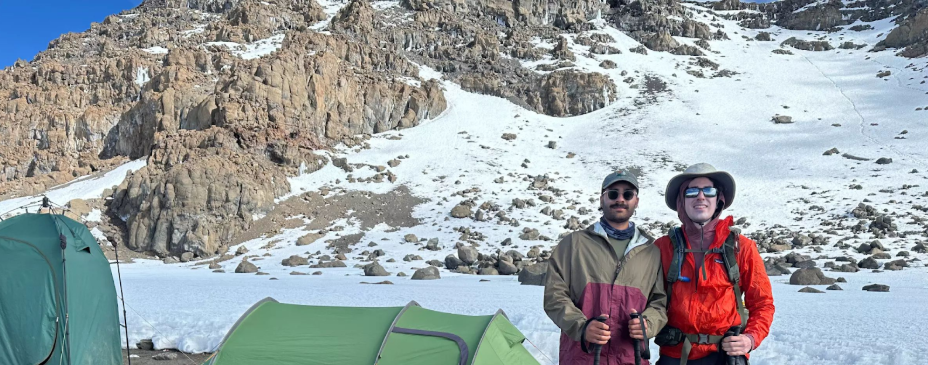
Every generation inherits a question: how high should we climb, and at what cost? Mount Kilimanjaro answers without words. Its slopes are open to all, yet its summit yields only to those who ascend with discipline, humility, and respect. The mountain never forbids ambition — it refines it.
In an age that equates progress with speed and success with spectacle, Kilimanjaro restores proportion. It reminds us that real achievement is ethical before it is visible.
The Moral Architecture of Effort
Every expedition begins with intention. The climber must ask not only Can I reach the top? but Why do I wish to? Motivation is the foundation of morality. Ambition, detached from integrity, is mere appetite.
The great routes — Machame, Lemosho, Rongai — all demand restraint and rhythm. Those climbing Kilimanjaro with awareness know that shortcuts endanger everyone. The mountain rewards not prestige but process, not haste but honour.
Ethics in Motion
At altitude, the line between confidence and recklessness thins with the air. Each decision becomes an ethical act: to slow down for a struggling teammate, to follow guidance rather than impulse, to preserve resources for others.
These small choices, repeated thousands of times, define character. The climb becomes a living code of conduct — a demonstration that morality is not theory but motion.
The Price of Impatience
Modern life celebrates acceleration. Yet on Kilimanjaro, impatience is punished instantly. The body rebels, the lungs tighten, the summit recedes. Altitude is the perfect regulator — proof that progress detached from pace destroys its own objective.
In this, the mountain becomes a parable for economics, politics, and personal ambition alike: growth without grounding becomes collapse.
The Fellowship of Responsibility
No climber ascends alone. Guides, porters, and fellow travellers form a moral economy built on trust and gratitude. Every act of kindness sustains the group; every lapse endangers it.
Responsibility replaces hierarchy. The strongest protect the slowest; the experienced counsel the new. The mountain’s invisible law is fairness — not equality of outcome, but equality of care.
The Transparency of Nature
Altitude has no bias. It honours truth and exposes pretense. No résumé, income, or reputation alters its physics. This honesty is humbling. It teaches that nature’s justice is not punitive but clarifying. When stripped of status, we see what remains of substance.
The same transparency should govern our institutions and markets. Systems endure only when they reward authenticity and punish deceit.
The Summit as Conscience
Standing at Uhuru Peak, where the horizon curves around the earth, every climber meets their own reflection in light. The view is vast, yet the revelation is inward. The summit does not inflate the ego; it absolves it. What matters is not domination, but alignment — between effort and ethics, between capacity and compassion.
The Descent of Wisdom
The walk down feels lighter but not easier. Gravity insists on balance; knees remind the body that every ascent carries accountability. The descent symbolises reintegration — bringing the mountain’s moral mathematics back into the ordinary world.
Those who listen to its lesson understand that aspiration without conscience is inflation without value. The highest peaks are those reached in integrity.
An Ethical Way to Rise
For anyone seeking to unite purpose with performance — to climb not for applause but for awareness — the path begins with those who design every ascent with fairness and foresight. Their discipline embodies Kilimanjaro’s own code: progress measured by the good it leaves behind.
Before departure, review the detailed Kilimanjaro packing list — a guide shaped by safety, sustainability, and respect for those who carry the climb. In its careful balance of necessity and restraint lies the ethic of the journey itself: preparation as conscience, ascent as character.



